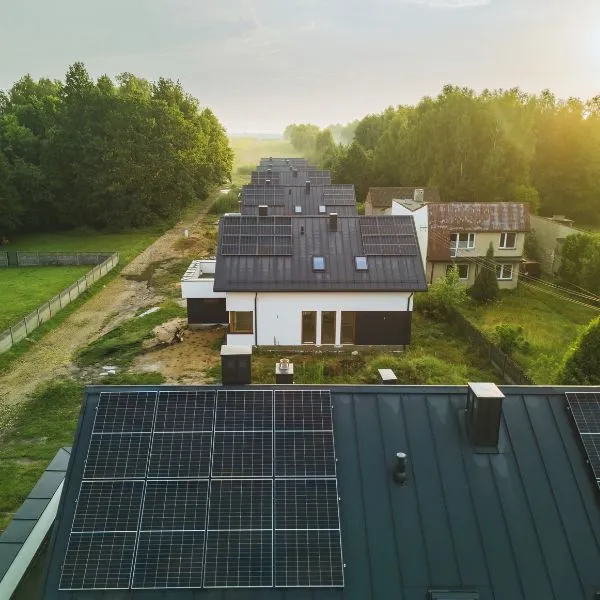Mortgages
Mortgage Markets and the Role of Mortgages
At the heart of the housing finance system, mortgage markets connect people who want to buy homes with the capital needed to finance them. They form the backbone of residential property by enabling access to long-term, affordable loans.
What is a Mortgage?
A mortgage - or housing loan - is a loan specifically designed to help individuals purchase property, typically a home.
Why Mortgage Markets Matter?
Mortgage markets serve several important functions:
Households
Mortgages are a very important financial product providing EU citizens with affordable and sustainable access to home ownership. Mortgages allow borrowers to spread the cost of a home over many years, making homeownership more attainable:
- Mortgage markets can improve household social conditions (social elevator) and bring stability for them.
- Mortgage loans can help households to accumulate wealth over the lifetime of the loan because they give households a default mechanism for saving.
- By improving their properties’ energy efficiency by way of an energy efficient mortgage, households can lower energy bills, increase the value of their properties, and protect them against a ‘brown discount’.
- On average, around 1 in 4 European households currently has a mortgage loan – however, in some countries, such as Denmark, the Netherlands or Sweden, more than half of the population (not only home-owners) are mortgage holders.

Community
By providing access to home-ownership, mortgage markets can help to deliver important community gains. Mortgage markets can:
- Provide access to better quality homes and neighbourhoods.
- Help to improve communities as a result of a stronger sense of belonging and therefore investment by households.
- Stimulate more civic engagement e.g. joining local clubs & voting in elections.
- Deliver better outcomes for children in education as a result of the greater household stability.

Growth & Real Economy
Mortgage markets are a major driver of the EU economy and contribute to job creation:
- The total EU27 mortgage market amounted to almost EUR 7 trillion in 2024.
- The value of lending for house purchase in the EU is equal to just under 45% of the EU’s GDP.
- Mortgage market activity fosters job creation in multiple sectors.
Energy Efficient Mortgages can in turn stimulate additional activity for those SMEs specialised in energy efficiency retrofit, resulting in further job creation.

Sustainability
Mortgage markets can help to deliver investment needed to meet EU energy efficiency targets:
- In the EU, buildings are responsible for 40% of total energy consumption and 36% of CO₂ emissions.
- By improving the energy efficiency of buildings, energy consumption could be reduced by 5 - 6% and CO₂ emissions by 5%.
- €1,500 billion/year of investment is required until 2040 to meet the EU’s climate targets
- Mortgage lenders are playing a game-changing role in scaling up private finance in support of the climate transition by way of an energy efficient mortgage ‘ecosystem’, which is intended to deliver a seamless end-to-end customer renovation journey, based on optimised processes and strategic partnerships.
